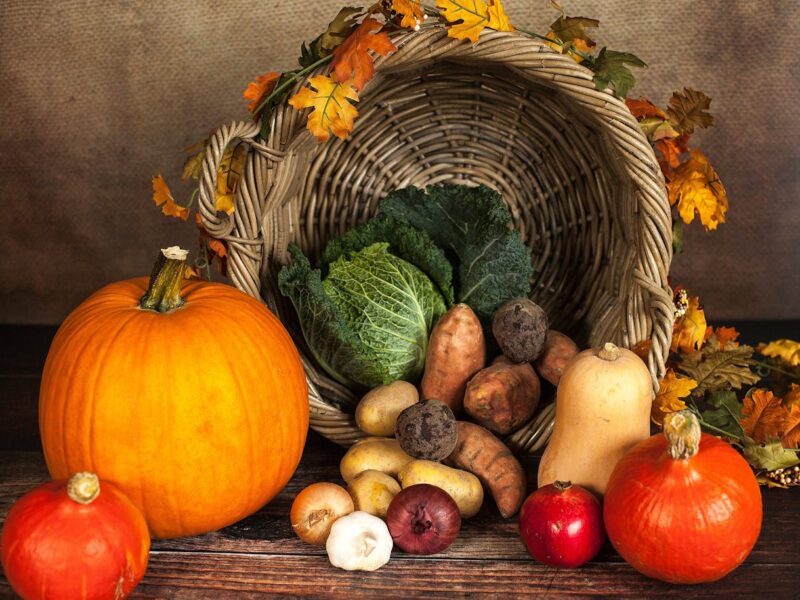

Back in October I began to think about my Thanksgiving column for this year. I felt the need to give thanks but still keep the theme garden oriented. So, a gardening theme for Thanksgiving. Maybe a poem would work, and that would be a first for this column. As I set my brain to work I also began to scour the internet world to see if any such poetry had been written?
There were pieces about cranberries, pumpkins, sweet potatoes and yams and even marshmallows but these were marsh mallows (Althea officinalis). Nothing suited my fancy until I found something in a weekly newspaper from the Pacific Northwest called the Tillamook County Pioneer. Here, I found a wonderful poem truly of the season and aimed at gardeners. Actually it wasn’t originally a poem but a meditation. The editor, Laura Swanson had seen the piece years ago when another person, Judy Hathaway, did the original posting.
I tracked down Judy and she added another fascinating twist to the poem. It seems it was originally penned by the late Reverend Max Coots, who was a Unitarian Universalist. Max was born in Canisteo, New York, in 1927, and he served as the minister at the Church of the Divine Paternity in New York City where he was ordained in 1953. Rev. Coots was the minister emeritus of the Unitarian Universalist Church in Canton, New York. He was a woodworker as well and for more than 50 years an avid gardener. He grew vegetables in his upstate New York gardens. His obituary appeared in The Watertown (NY) Daily Times on March 6, 2009. The poem, intended as a meditation, certainly was what I was looking for. A posthumous thanks to Rev. Coots, and I can only wish I’d met him. The poem was originally published in a blog in 2010 by Dorothy Reinhold, and I do hope you enjoy it. A very happy Thanksgiving to all.
‘The Vegetable Prayer’ By The Reverend Max Coots (edited)
For generous friends with hearts as big as hubbards,
and smiles as bright as blossoms;
For feisty friends as tart as apples;
For continuous friends, who, like scallions, keep reminding us that we’ve had them;
For crotchety friends, as sour as rhubarb and as indestructible;
For funny friends, as silly as Brussels sprouts.
And serious friends, as complex as cauliflowers and as intricate as onions;
For friends as unpretentious as cabbages
And friends, like parsnips, who can be counted on to see you through the winter;
For old friends, nodding like sunflowers in the evening-time
And young friends coming on as fast as radishes;
For loving friends, who wind around us like tendrils and hold us, despite our blights, wilts, and witherings;
And, finally, for those friends now gone, but who fed us in their times that we might have life thereafter;
For this bounty of friends, we give thanks.
 More Posts from Andrew Messinger
More Posts from Andrew Messinger